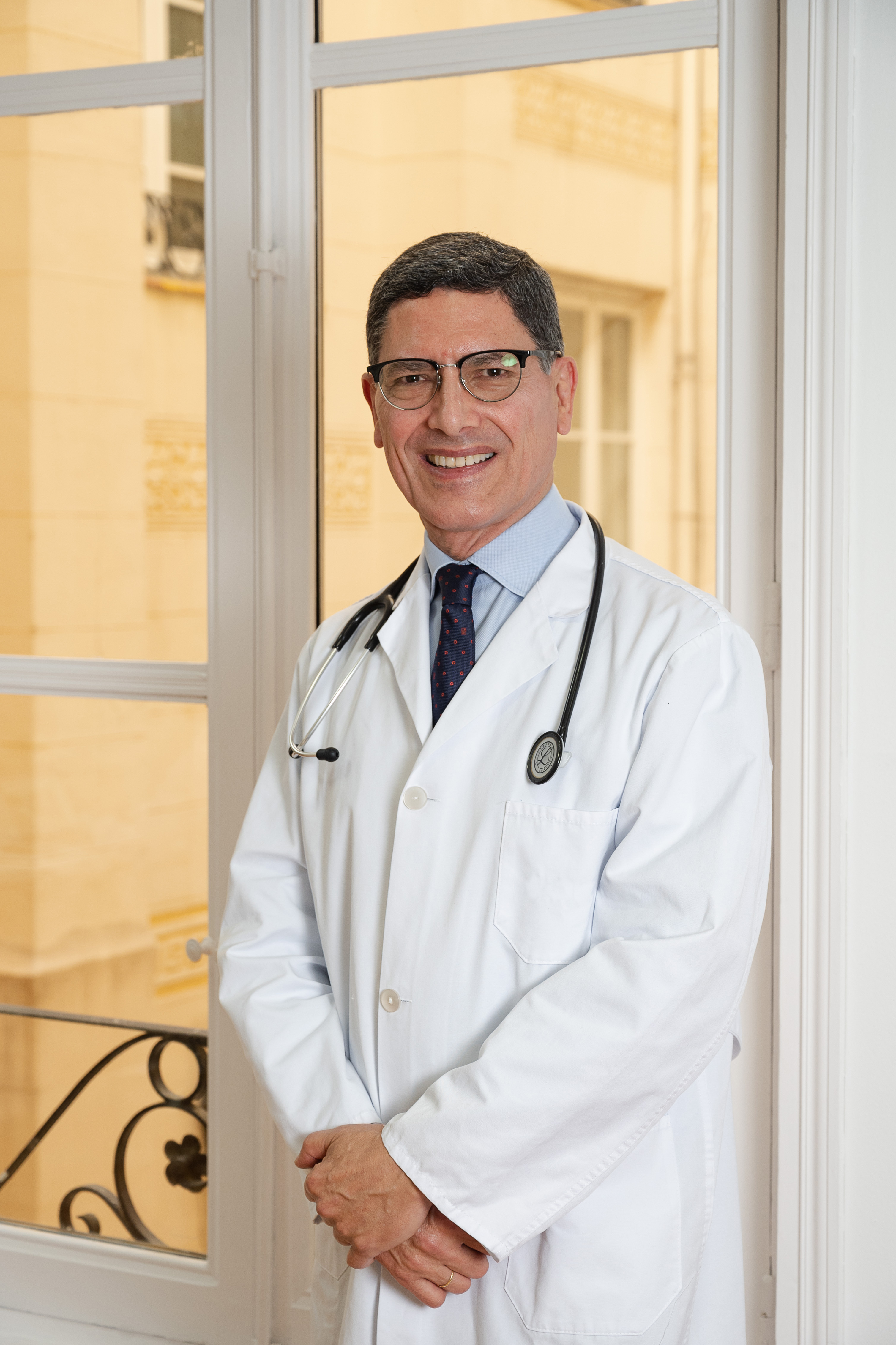"Take years and kilos off me."
That is, according to Vicente Mera -distinguished as
the best doctor in the field of healthy aging at the 2021 European Medicine Awards-
during the presentation of the new supplementation brand
Kobho Labs
, the most recurring request made by patients who wear in your hands.
In search of the secret to caressing the
materialization of both desires,
the head of Internal Medicine and Antiaging at SHA Wellness Clinic (Alicante) and author of 'Young at any age' (HarperCollins), undertook a journey that took him to different cities japanese.
Mera was convinced that, after the
extraordinary (and meager) longevity of cities like Okinawa
- which, for every 100,000 inhabitants, has 68 that are over 100 years old - there had to be something that, of course, we are not doing in the rest of the world. planet.
"I traveled around Japan to find out what they were doing differently from us and I realized that the big difference lies not only in
what they eat
- a diet rich in plant-based protein and micronutrients - but also in
the amounts they eat there.
".
Because, Mera continued with her story, "while
here we eat until we are satisfied
or even burst,
there they have the healthy habit of staying a little hungry
. It is what they call "'Hara Hachi Bu', which means something as well as
'do not put in the belly -Hara- more than 80% of what you would like to eat (Hachi Bu)".
To better understand the concept, this specialist takes you to the economic field.
"The 'Hara Hachi Bu' is the secret to
maintaining a healthy caloric economy
. It is as if we decided not to spend more than 80% of our income. In this way, we would always have money to spend on some whim or need (other than food could be something we really wanted)".
This caloric restriction, as sensible as it is
little practiced in countries like ours,
is one of the formulas that Mera uses to treat his overweight patients, as he himself has revealed in his book.
"Since
lunch and dinner in the Western diet
normally consist of three courses, with an approximate caloric load of
20% for starters
,
60% for the main course
and another
20% for dessert
, it is very simple. then do a sustainable and healthy caloric restriction, keeping the main course, but eliminating either the starter or the dessert."
EAT WITHOUT THE MOBILE
'Hara Hachi Bu', basically, 'proposes' us to "stop eating when we stop being hungry" which, although at first glance it seems like something out of the box, is not an easy task at all if our bad habits in the kitchen
are taken into account.
table
.
We are talking about habits as bad as
swallowing in a hurry without tasting or chewing
the food we eat as it should, for example, make
our brain, which takes about 20 minutes to receive the signal with which the stomach warns it that our body If you are full
, do not find out in time that we have eaten enough and continue to give free rein to our gluttony.
Eating while watching television or mobile phone, of course, does not go well with that 'Hara Hachi Bu' that helps the Japanese to be thin and young 'almost' forever, because, due to the real risk of choking that taking
something
to mouth without full awareness of what we are doing, we should
add the lack of awareness about the amounts we take and the speed at which we do it.
Eating slowly, with full awareness of what is being done and without superfluous distractions would be the pillars of the Japanese method which, obviously, is also based on a healthy diet in which, as Mera points out, "miso soup is
'
the
natural supplement' most important
to provide the extra energy they need".
Member of the committee of experts that endorses the products of Kobho Labs -to which Álvaro Campillo, European doctor of Medicine and Surgery and expert in human microbiota and Elisa Blázquez, clinical nutritionist specialized in Immunonutrition, Coaching and Orthomolecular Supplementation also belong, Mera is absolutely p
advocate of resorting to supplementation
"to cover the needs of our body that we cannot satisfy with food".
According to the criteria of The Trust Project
Know more
Japan
Alicante

